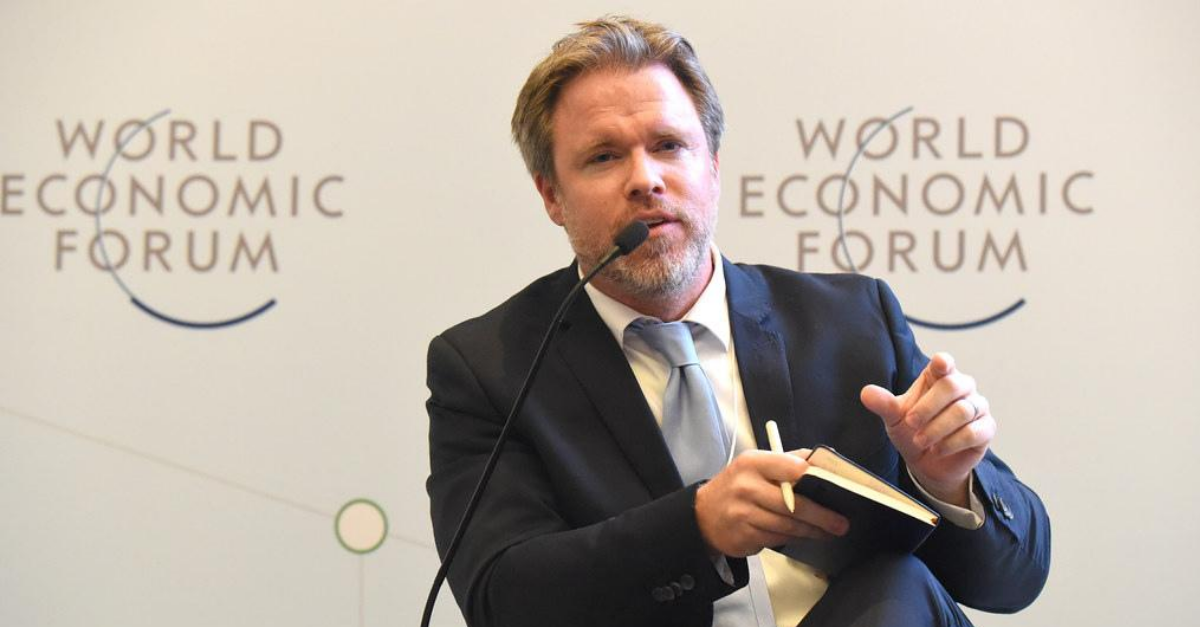Here’s how rising global risks will change our cities
By Robert Muggah, Richard Lukacs and Emilio Granados Franco
Published in the World Economic Forum
While the coronavirus pandemic is ravaging around the globe, we will continue to experience unprecedented urbanization in the coming decades. Today, 55% of the global population lives in cities: by 2050, this proportion is expected to increase to 68%, some 6.5 billion people. The vast majority of urban growth will occur in lower- and middle-income settings.
Cities are at the frontline for many of the highest-impact risks such as extreme weather events, digitally compromised networks, collapsing health systems and overwhelmed public services. COVID-19 has painfully exposed these weaknesses. Some cities will rebound quickly, but many of the world’s fast-growing cities risk collapsing post-COVID-19. The future of sustainable development will thus depend on global capacity to enable thriving and inclusive urban spaces. Smarter density, rapid digitalization, renewable power and climate adaptation remain critical for cities.
Read more



